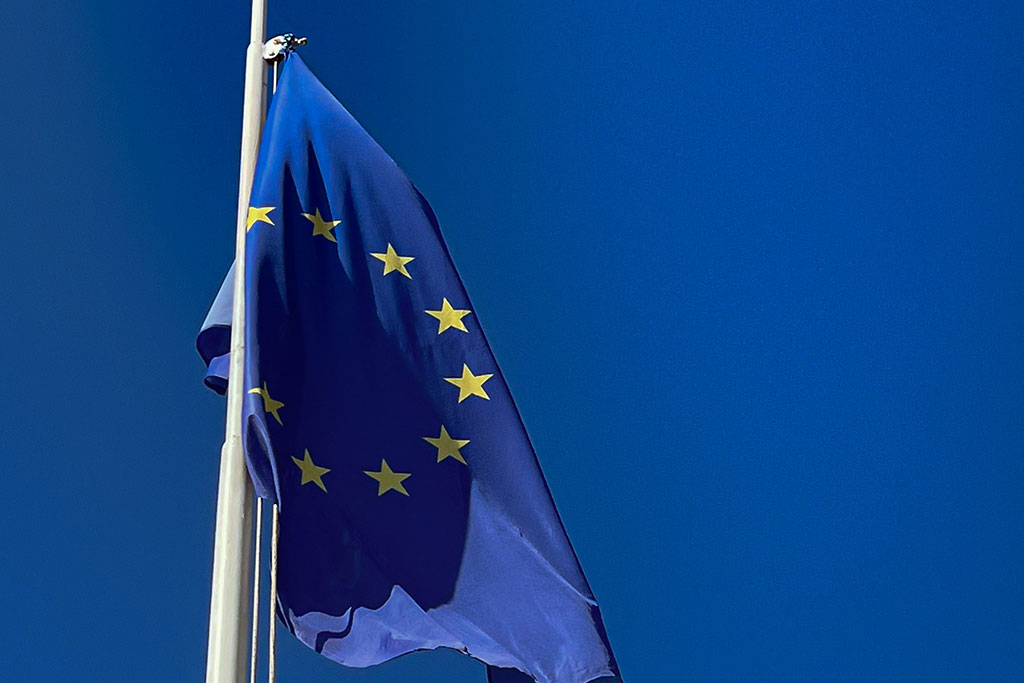
Mercy Mutanya is a Tech enthusiast, Digital Marketer, Writer and IT Business Management Student. She enjoys reading, writing, doing crosswords and binge-watching her favourite TV series.
Under the Act, companies building and deploying AI models would need to perform risk assessments and label AI-generated content.
 Edited by Julia Sakovich
Updated
2 mins read
Edited by Julia Sakovich
Updated
2 mins read

European Union (EU) negotiators are reportedly discussing placing additional restrictions on large artificial intelligence (AI) models as part of the upcoming AI Act. According to a Bloomberg report, representatives from the European Commission, European Parliament, and EU countries are in talks to implement a plan that would address the issues associated with large language models (LLMs) such as OpenAI’s GPT-4 and Meta’s Llama 2 all while making sure that new startups are not weighed down by regulation.
The report cited anonymous sources familiar with the matter who stated that discussions are still in preparatory stages. The proposed regulation for LLMs would take a similar approach to the EU’s Digital Services Act (DSA). The recently implemented Act mandates that online platforms and websites have standards in place that protect user data and check for illegal activity. Companies like Alphabet Inc. and Meta Inc. which operate the largest platforms – including Google Search, Facebook, and Instagram – are expected to adhere to an even stricter set of regulations. The companies were given until August 28, 2023, to bring their services into compliance with the new EU standards.
In August, the Chinese government implemented “Generative AI Measures” as a result of a joint effort between six government agencies, including the Cyberspace Administration of China, the National Development and Reform Commission, and the Ministry of Science and Technology. The EU’s AI Act is set to be one of the first sets of mandatory AI regulations enforced by a Western government.
Under the Act, companies building and deploying AI models would need to perform risk assessments and label AI-generated content. They would also be banned from certain actions such as the use of biometric surveillance. The legislation is yet to be enacted, giving member states time to object to any of the proposals.
Meanwhile, the United States has warned that the EU’s AI Act could potentially favor big companies with the ability to cover the costs of compliance while harming smaller ones. Washington warns that the proposed rules risk “dampening the expected boost to productivity and potentially leading to a migration of jobs and investment to other markets.”
Disclaimer: Coinspeaker is committed to providing unbiased and transparent reporting. This article aims to deliver accurate and timely information but should not be taken as financial or investment advice. Since market conditions can change rapidly, we encourage you to verify information on your own and consult with a professional before making any decisions based on this content.

Mercy Mutanya is a Tech enthusiast, Digital Marketer, Writer and IT Business Management Student. She enjoys reading, writing, doing crosswords and binge-watching her favourite TV series.





